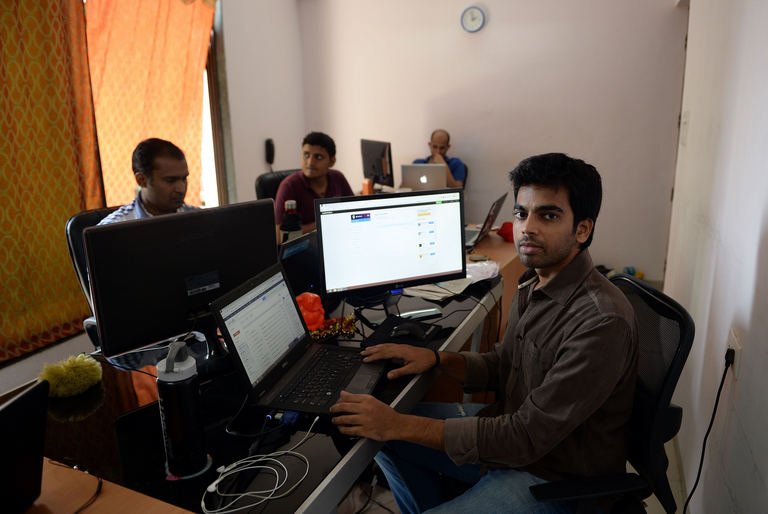
Aizawl, May 11 : Five persons were injured and around 40 houses were damaged in central Mizoram's Serchhip district in pre monsoon rain and storm, official sources said on Friday.The reports said that of the five injured, three persons were discharged after administering first aid while two persons were admitted in the Serchhip district hospital. Out of the 40 houses damaged by...













